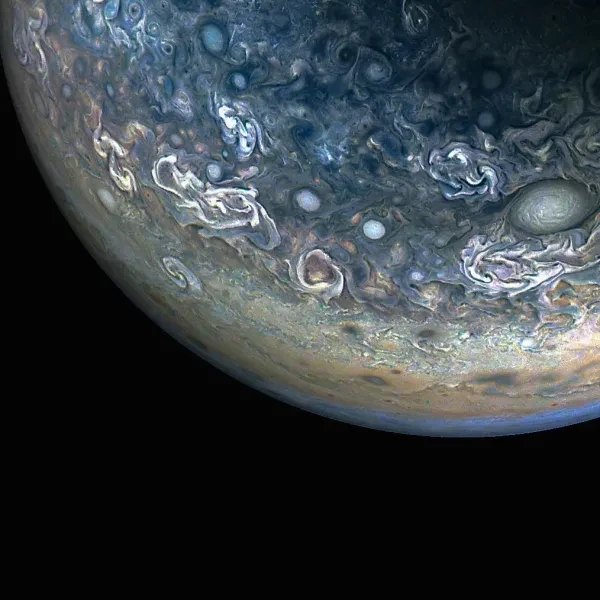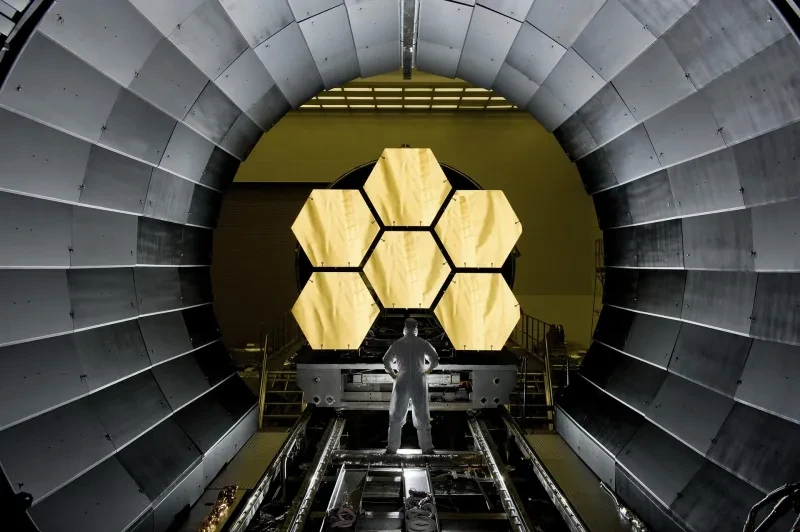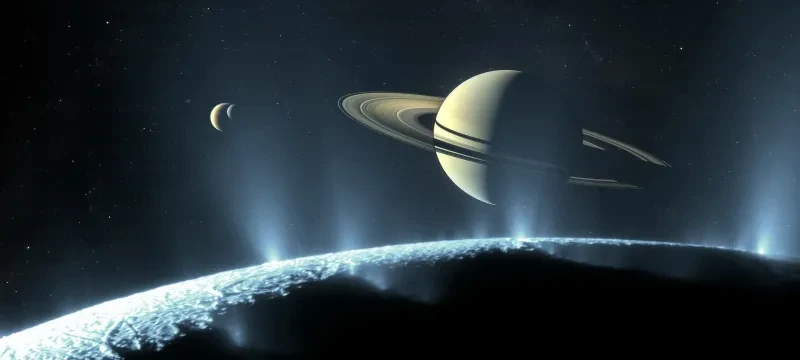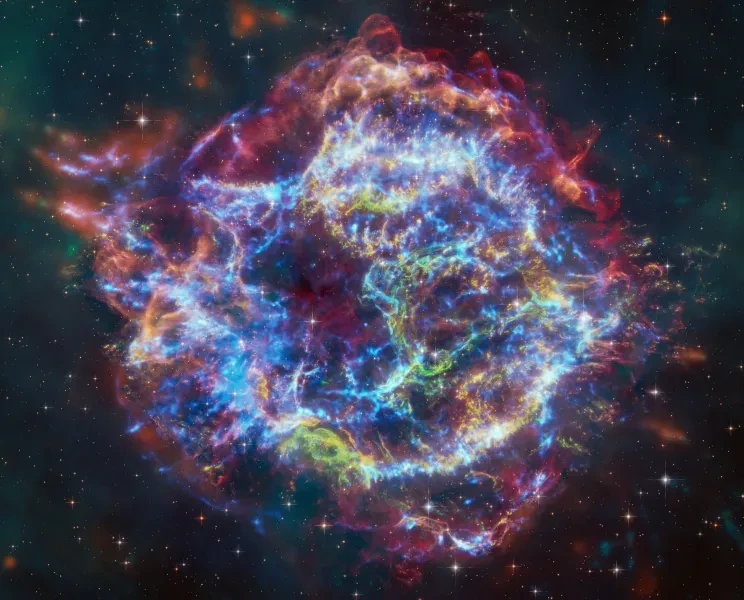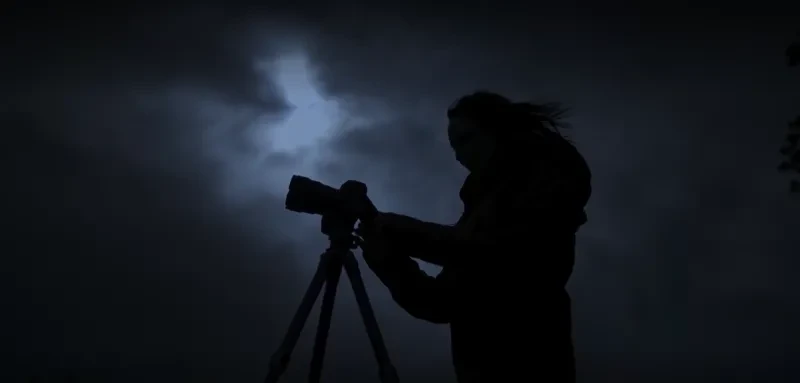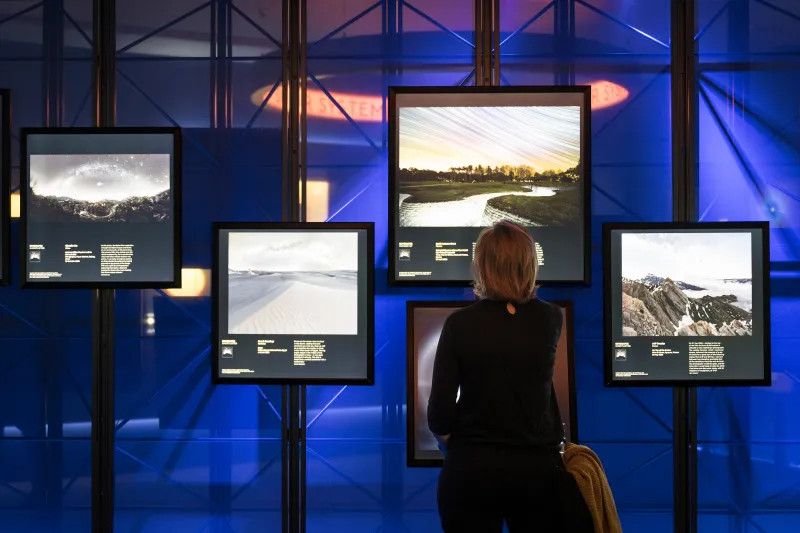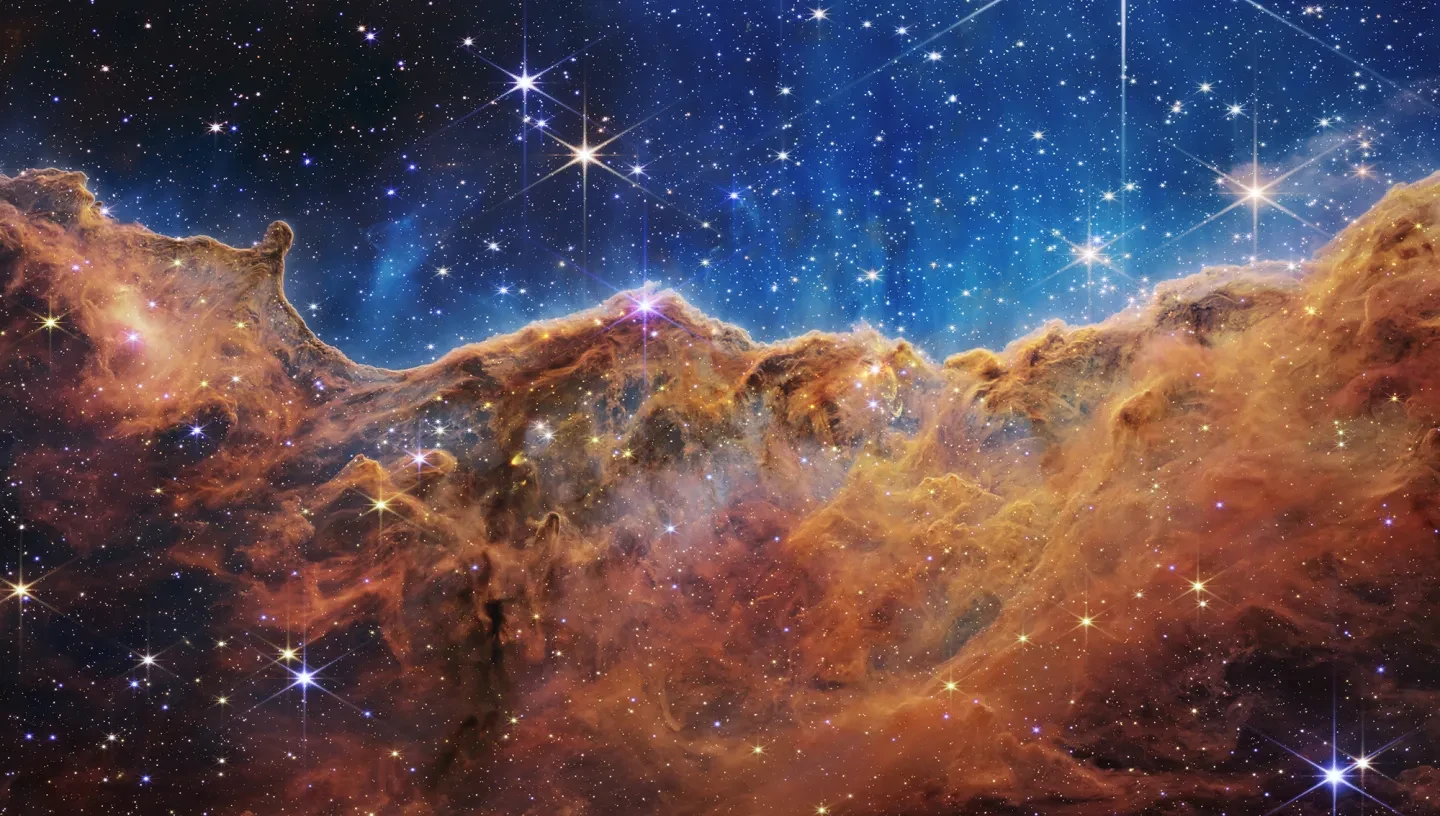
Essential information
| Type | Courses |
|---|---|
| Location | |
| Date and times | 10-week module held on Tuesday evenings beginning 10 March 2026 | Sold out |
| Prices | £200 per module |
Our Foundation Astrophysics programme provides you with the opportunity to study a number of topics in astronomy at foundation degree level, without the costs associated with accreditation or the pressure of exams.
While not formally accredited, students are assessed through coursework and receive certificates of achievement from the Royal Observatory Greenwich on the completion of all modules.
There are six ten-week modules in the programme, which do not have to be studied in order. Each module runs on consecutive Tuesdays with gaps during holidays. When making your booking, simply select the start date of the module you'd like to join.
With the exciting renovation project occurring at the Royal Observatory, our on-site courses have relocated down the hill to the National Maritime Museum. Our expert tutors will run their sessions in a unique environment with access to a range of resources provided by the galleries and exhibitions of the Museum.
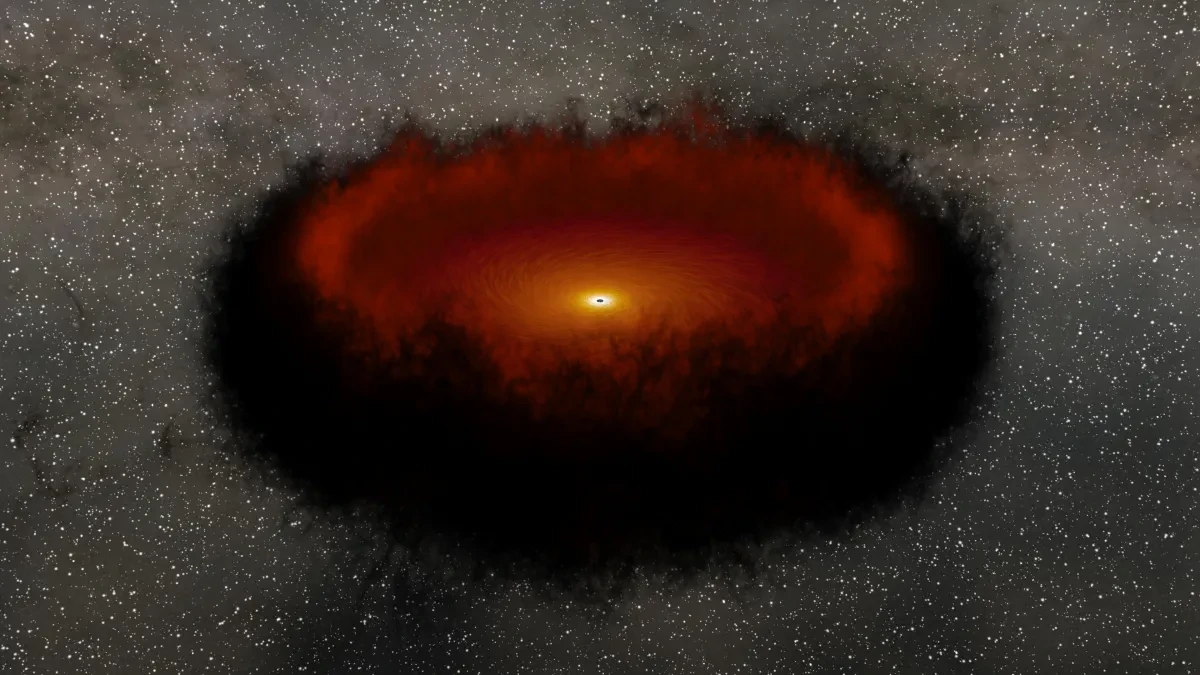
What can I study?
The modules running for the 2025/26 academic year are below. All of these courses require knowledge of basic science and algebra.
Module 5: Galaxies (sold out)
2 December 2025 – 3 March 2026 | 6.30-9pm (holidays from 16-30 December and on 17 February)
This module explores our current understanding of galaxies. We begin by exploring the structure and makeup of the Milky Way and the various stellar populations of which it is composed. The nature of open clusters, globular clusters and the supermassive black hole at the centre of our galaxy are also covered. Then we move on to observations of other galaxies, determining their distances and classifying them. Some of these have active galactic nuclei and we work out a standard model of the features of all active galactic nuclei, including quasars. The module closes with an exploration of galaxy formation.
Please note this module is now sold out.
Module 6: Cosmology (sold out)
10 March – 26 May 2026 | 6.30-9pm (holidays from 7-14 April)
In a solid introduction to modern cosmology, we begin with the spatial distribution of galaxies and evidence for the Big Bang. We shall discuss the geometry of space‑time and various cosmological models. Next comes observational cosmology, exploring the age and rate of expansion of the universe before addressing its thermal, energy and particle evolution. Finally, the module investigates problems encountered in modern cosmology and a number of possible solutions, including quantum theories of gravity and the anthropic principle.
Please note this module is now sold out.
Note: Each course is intended to be run on-site at the National Maritime Museum, although occasional online sessions may become necessary in rare circumstances. Please only book if you are certain you will be able to attend an on-site course.
Everyone taking a course is also entitled to a 10% discount on books purchased from Royal Museums Greenwich – please check with your course tutor for more details.
Ages: 18+
A well-organised course. Roger is an excellent tutor.
Course participant, autumn 2022
Find other courses you may be interested in
We offer a wide range of adult courses related to astronomy, from short six-week introductory sessions through one-year intermediate courses, to modular two-year advanced courses.
Main image: James Webb Space Telescope NIRCam Image of the 'Cosmic Cliffs' in Carina Nebula (NASA, ESA, CSA, STScI)
